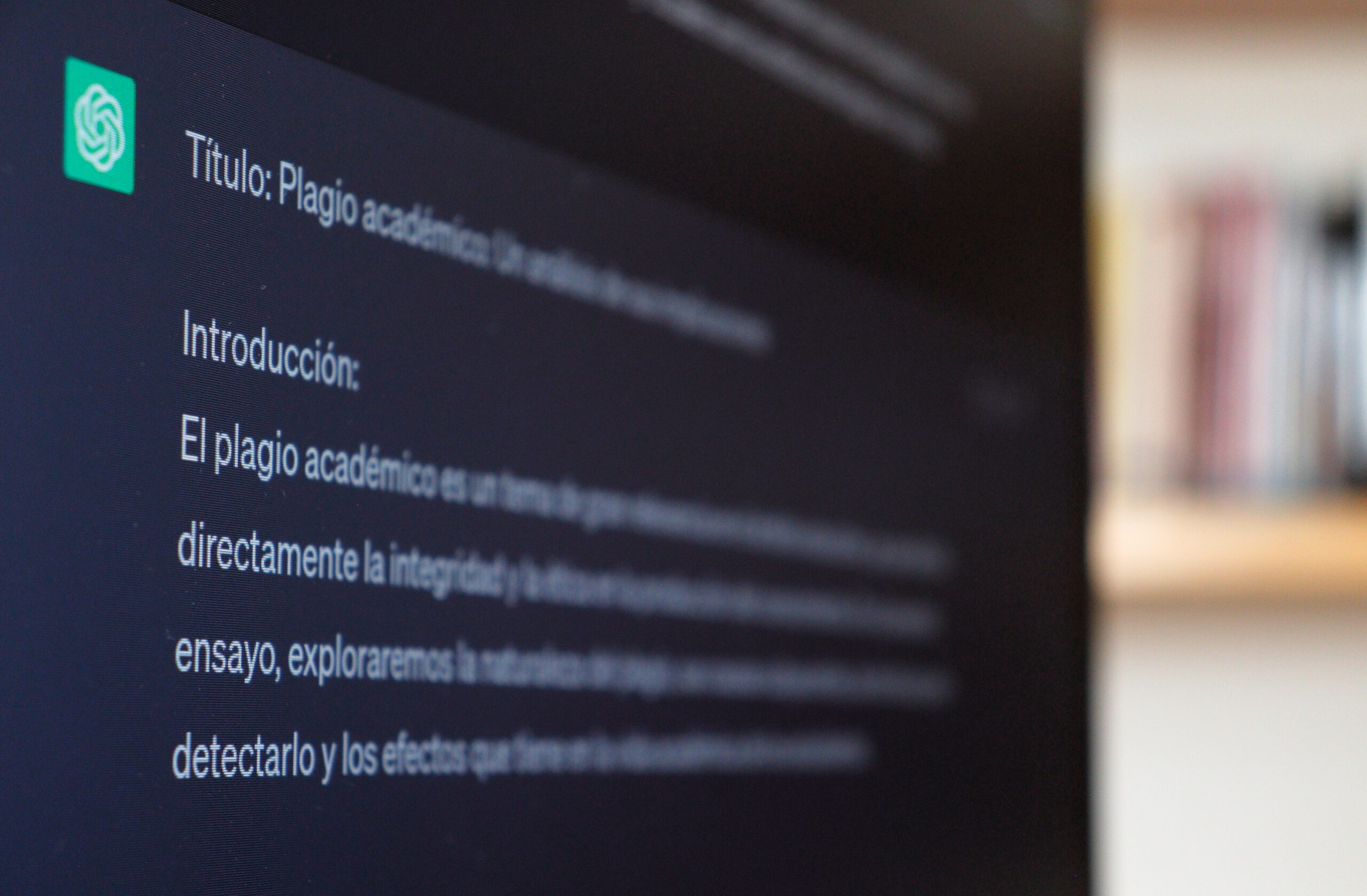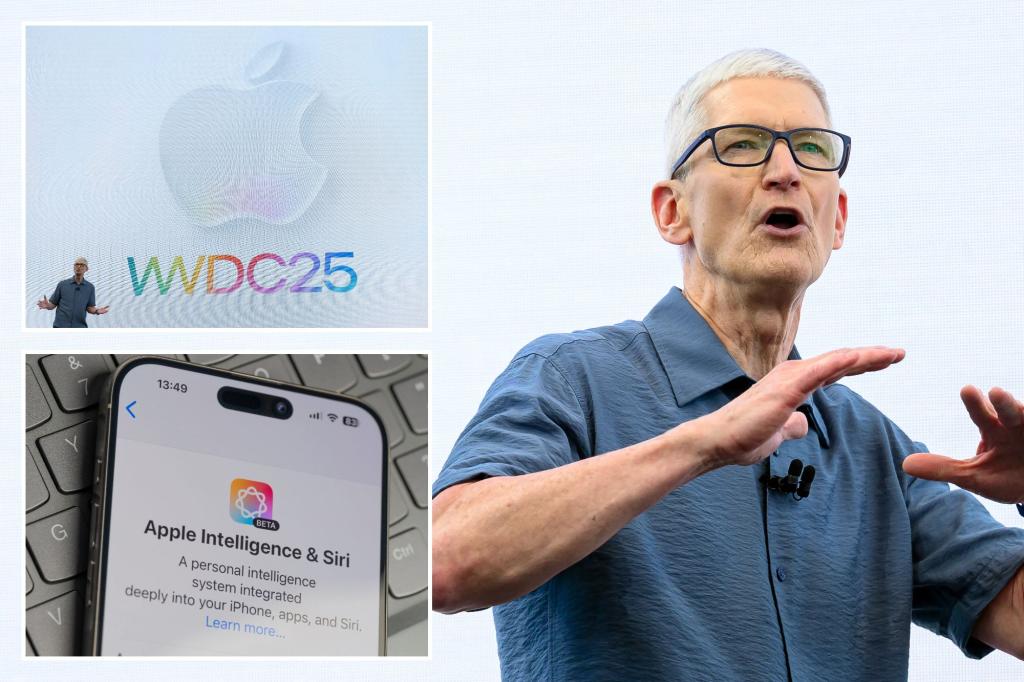
At the 59th session of the United Nations Human Rights Council held on Thursday, the UN Working Group on Business and Human Rights expressed serious concerns regarding the growing trend of using artificial intelligence (AI) in public procurement and public functions. The experts highlighted that the absence of clear human rights safeguards in the development and deployment of AI by states and businesses poses potential threats to fundamental rights.
The Working Group emphasized that while AI technologies hold the potential to improve efficiency and decision-making in public services, their unregulated use could lead to adverse human rights impacts, particularly in areas such as access to welfare, employment decisions, and law enforcement practices. The experts cautioned that the failure to incorporate adequate oversight mechanisms and ethical considerations could result in discrimination, lack of transparency, and violations of privacy rights.
The UN officials also underscored that state actors and companies involved in producing and applying AI tools have a shared responsibility to respect human rights standards under international law. This includes conducting thorough human rights due diligence, ensuring transparency in the algorithmic design, and allowing public accountability for the use of such technologies.
“In a climate where AI is increasingly integrated into public functions, it is imperative that governments and corporations act with vigilance to protect the rights of all individuals, particularly those belonging to vulnerable and marginalized communities,” the Working Group stated. They urged member states of the UN Human Rights Council to develop national policies and legal frameworks that embed human rights principles into all stages of AI technology use—from research and development to deployment and oversight.
The remarks come amid a broader global discourse on the ethical use of AI and the need for regulatory frameworks that balance innovation with human rights preservation. As AI continues to shape sectors from healthcare to education and law enforcement, the UN’s call represents a renewed push to place human dignity and rights at the center of technological advancement.
Source: https:// – Courtesy of the original publisher.








